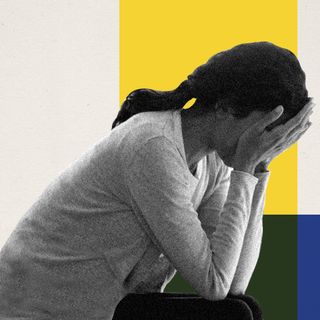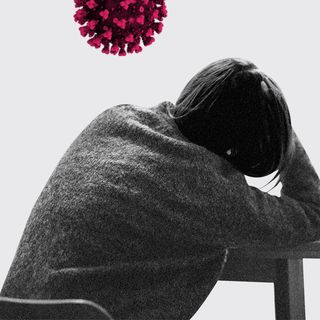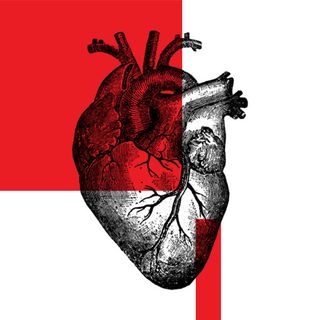Social isolation significantly increases the risk of high blood pressure in women, a new study has found. Thefinding suggests that amid the Covid19 pandemic, which is limiting social interaction, more women than usual may be at risk for hypertension.
Experts say that loneliness itself is a form of stress, which increases the level of the stress hormone, cortisol — which, in turn, increases blood pressure.
Researchers found that for women, social isolation had the same effect on blood pressure as high sodium diets, pollution, weight gain, or non-steroidal anti-inflammatory drugs. “This represents a significant women-specific risk factor for heart disease or stroke,” Conklin warned.
Published last week in the Journal of Hypertension, the study attempted to understand the association between social ties and hypertension, comparing high blood pressure rates to marital status, living arrangement, social participation, and size of social network. Using data from the massive and ongoing Canadian Longitudinal Study on Aging, the researchers analyzed the social ties of 28,238 adults aged 45 to 85. “Our research indicates that women, in particular, are more likely to be hypertensive when they experience isolation in middle and older age,” Annalijn Conklin, assistant professor in the faculty of pharmaceutical sciences at the University of British Columbia, said in a statement.
Related on The Swaddle:
How the Chronic Loneliness Epidemic Is Affecting Us
The study found the odds of hypertension were higher among widowed women, compared to married women. However, it also noted that this association between not having a partner and higher blood pressure, was easily mitigated with increased social participation.
For men, social isolation had the opposite effect on blood pressure. Men who shared a home with others and had large social networks were found to have high blood pressure — while those who had smaller networks and lived alone had lower blood pressure.
“Among older adults, social isolation is the largest known risk factor for mortality, equal only to smoking. … At a time when Covid19 is forcing us to limit our social interactions, it’s important for those working in health care and public health to encourage older women, in particular, to find new ways to be socially active,” Conklin advised.




